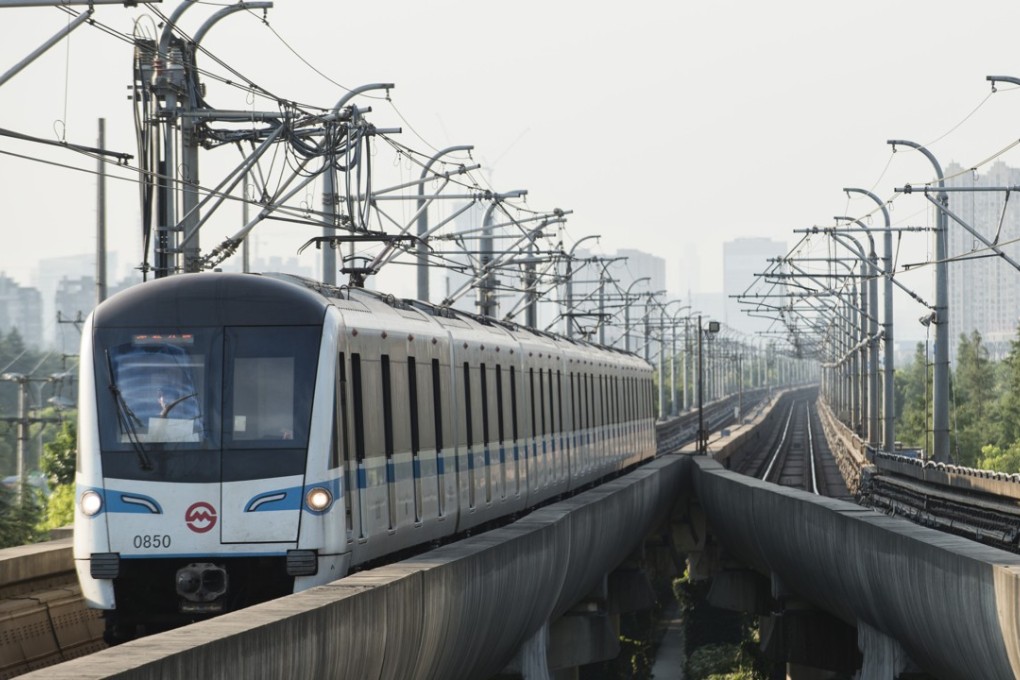Shanghai subway to use Alibaba voice and facial recognition systems in AI push
One of the world’s longest and busiest mass-transit railway systems aims to ease commuting experience of passengers with intelligent ticket machines

The subway system in the Chinese city of Shanghai will bring in voice and facial recognition technologies developed by e-commerce firm Alibaba Group Holding, as it seeks to make life easier for the millions of commuters on one of the longest and busiest mass-transit railway networks on the planet.
Alibaba, its affiliate Ant Financial Services Group and Shanghai Shentong Metro Group, the operator of the Shanghai Metro, said in a joint announcement on Tuesday that the Metro would install Alibaba-developed “far-field” voice recognition technology in ticket machines in all stations, as well as facial recognition system at the entrance of stations to verify the identities of commuters.
Passengers would be able to tell their destination to ticket machines, and the machines would then recommend the best route.
“Passengers don’t even need to use any special word to activate the kiosk,” said Yan Zhijie, director of intelligent speech recognition at Alibaba’s Institute of Data and Science Technology.
Yan said the far-field voice recognition technology enables accurate communication with a smart device from a distance of up to five metres, even in extremely noisy public areas like subway stations.
He said the facial recognition technology was still in the early stages of development, so commuters would be required to submit their photos to be put into a database for verification by the system.
No launch dates for the new systems were given. Ant Financial’s Alipay payment option for Metro, the smartphone app of the Shanghai Metro, will be available early next year.